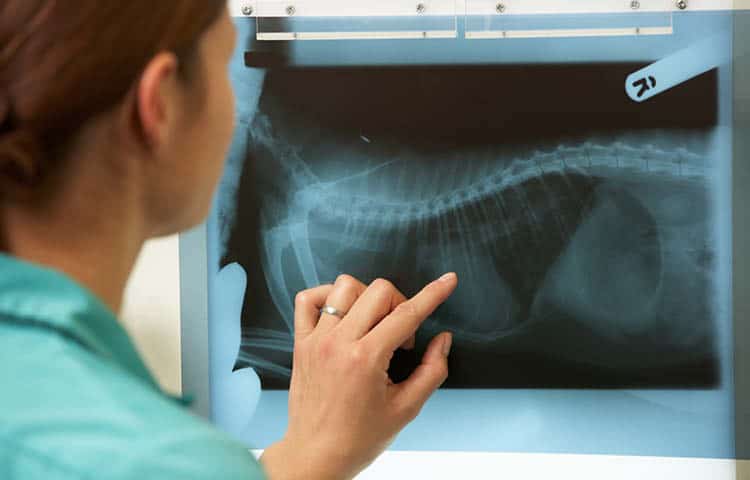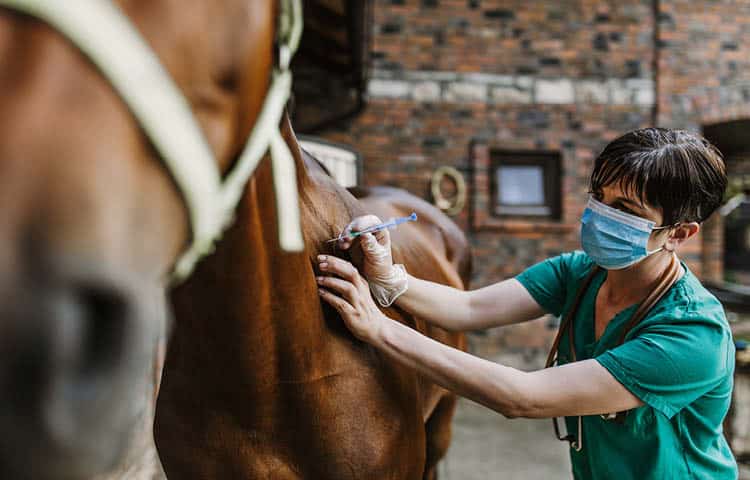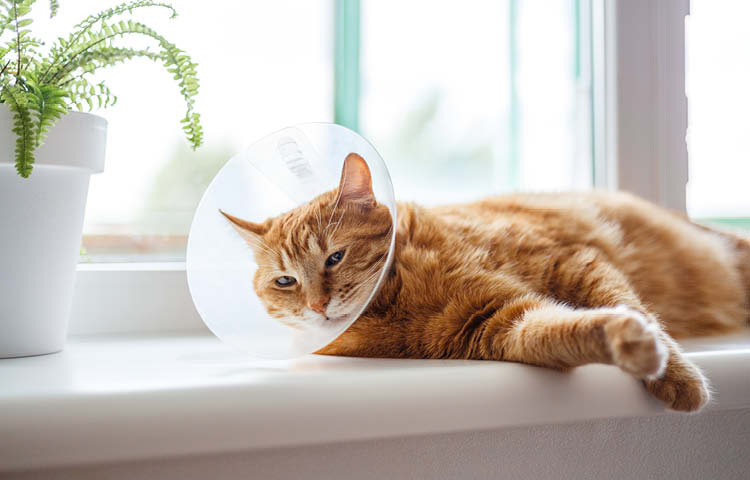What pet owners should know about rising vet costs
A documentary exploring the rising veterinary costs has sparked a wider conversation about affordability in the UK.
Read morePublished: 11 September 2025
Bringing a pet into your life is exciting and full of joy, but it also comes with responsibility – like being ready for those unexpected vet bills. One of the big questions pet owners face is, “Should I get pet insurance or just save up for vet bills?”
Saving may sound like a good idea, but it often falls short when emergencies strike. Let’s dive into the debate between pet insurance and self-saving to help you figure out what works best for you and your furry friend.
Jump to:
Some people like the idea of saving for vet bills instead of paying monthly premiums for insurance. Here’s why:
When you’re saving, you have full control of your funds. You decide how to use it – whether it’s for unexpected vet bills or a general emergency fund. Watching your savings grow can feel great, but it also means you’re on your own when it comes to covering a big, unexpected cost.
Let’s face it – insurance can feel complicated. High premiums, limited coverage, or confusing terms can make it seem like more trouble than it’s worth. Some people worry about claims being denied or paying for something they might not need. Others just don’t trust insurance providers enough to see it as a smart investment.
If your pet is young and full of energy, it’s easy to think they’ll stay healthy for years. Paying for insurance might feel unnecessary. But accidents and illnesses can happen at any time, and they can come with huge costs.
While these reasons make sense, they often overlook how unpredictable pet health can be – and how expensive vet care is these days.

Saving for vet bills might seem like a solid plan, but it has some big risks. Emergencies can be unpredictable and shockingly expensive and relying only on savings can leave you unprepared. Here’s why:
Veterinary care can be expensive, particularly when it comes to emergencies or managing chronic health conditions. Here’s a breakdown of some typical costs for treatment in the UK:
One big emergency could wipe out your savings in an instant.
It can take years to save enough for a major vet bill. But what happens if your pet needs treatment before you’ve saved enough? Without a solid safety net, you might not be able to afford the care they need.
Even if you’ve saved up, life happens. A broken boiler, a last-minute holiday, or some other expense might eat into your savings. That means when your pet needs expensive treatment, the money might not be there.

When savings fall short, it can lead to tough decisions about your pet’s care. Pet insurance can act as a safety net, giving you peace of mind and ensuring you can afford treatment when it matters most.
No one likes to think about emergencies, but being prepared is part of being a great pet owner. Whether you choose pet insurance or saving, it’s all about finding the right balance for your finances and your pet’s needs.
Here’s how saving compares to having pet insurance:
| Saving money | Pet insurance | |
| Financial predictability | Savings depend on how much you contribute and can be wiped out by one big bill. | Monthly premiums make budgeting simple and predictable. |
| Emergency cover | Limited to how much you’ve saved, which may not be enough. | Covers expensive emergencies, often with generous annual limits. |
| Time to build funds | Limited to how much you’ve saved, which may not be enough. | Covers expensive emergencies, often with generous annual limits. |
| Emotional stress | Stressful if savings can’t cover necessary treatment. | Reduces stress by ensuring help is available when you need it. |
| Rising vet costs | Savings may not keep up with increasing costs of care. | Insurance policies adjust to reflect current veterinary costs. |
| Overall value | Cheaper if your pet stays healthy, but risky for emergencies. | Cost-effective for unexpected illnesses, accidents, or chronic issues. |

When savings run out, a lot of pet owners turn to credit cards to cover vet bills. But this can come with some serious downsides:
High interest rates: Most credit cards charge over 20% interest. That £2,000 vet bill? It can quickly pile up into even more debt if you don’t pay it off fast. Even 0% interest cards only give you a limited interest-free period, usually up to 24 months.
Financial stress: Using credit cards for emergencies can leave you juggling debt and feeling the pressure for the long haul.
A better option? Pet insurance. It’s a more affordable and reliable way to handle unexpected vet bills, so you can focus on your pet making a full recovery without worrying about your savings pot.

Pet insurance might feel like an extra expense at first, but it can actually save you` money in the long run. Those monthly payments cover unexpected vet bills that could otherwise hit your wallet hard. Plus, they give you peace of mind for those costly emergencies, like:
If you’re paying £30 a month for pet insurance, it might seem like a lot – but think about it this way: it would take over 11 years of saving to cover just one £4,000 surgery. Now, imagine a sudden injury or illness popping up. Without insurance, you’d be scrambling to figure out how to pay for your pet’s care, and that’s the kind of stress no one needs.
Pet insurance makes life easier by turning those unpredictable vet bills into manageable monthly payments. It gives you peace of mind instead of worrying about “what if” moments.
Ever find yourself asking, “Should I get pet insurance or just save?” It really comes down to your goals and budget. Saving is great, but it might not cover those surprise vet bills that seem to pop up out of nowhere.
Pet insurance takes the stress off your shoulders by giving you instant cover and peace of mind. You’ll know your pet can get the care they need without breaking the bank.
Why take the risk? Take a look at our flexible pet insurance plans that fit you and your pet perfectly. Because they deserve the best, and so do you.
1 Frank Pet Surgeons.2The Royal (Dick) School of Veterinary Studies.3Vet Help Direct. Example prices are correct at the time of publishing.